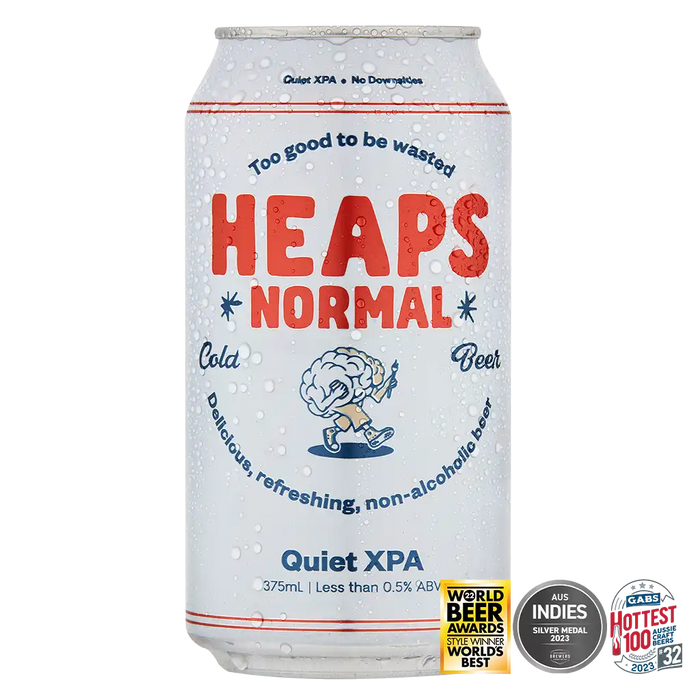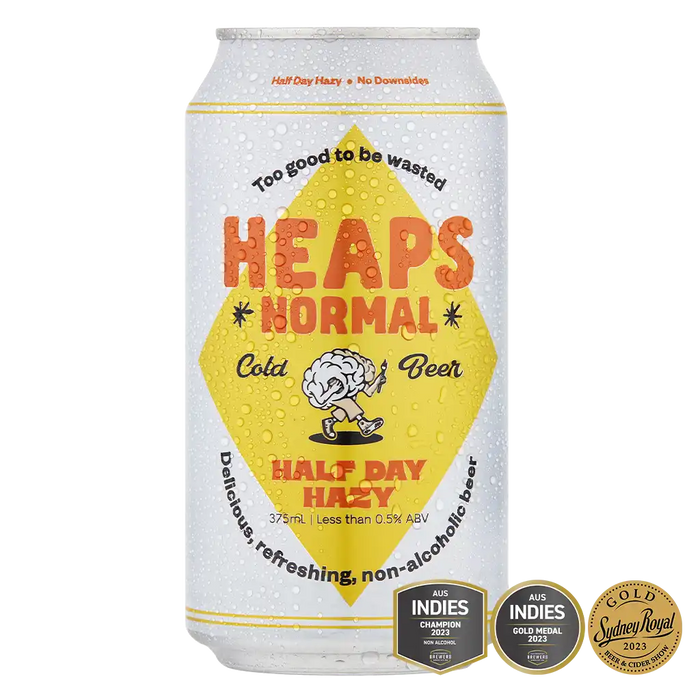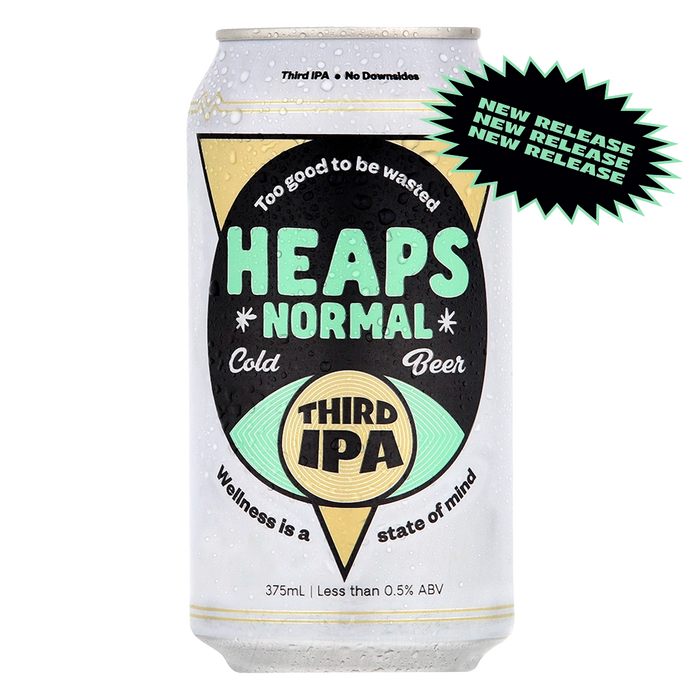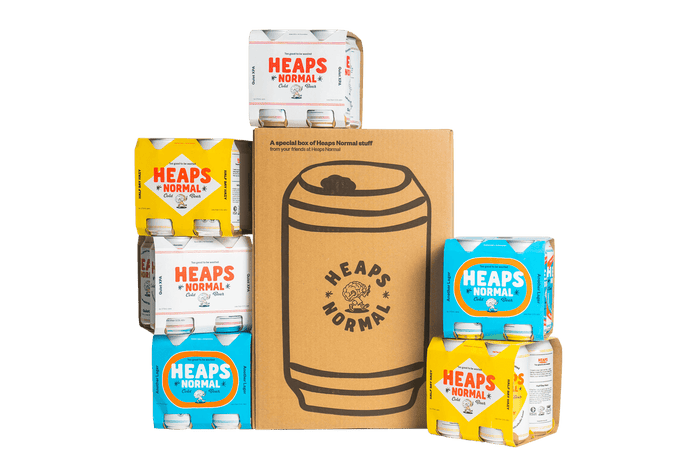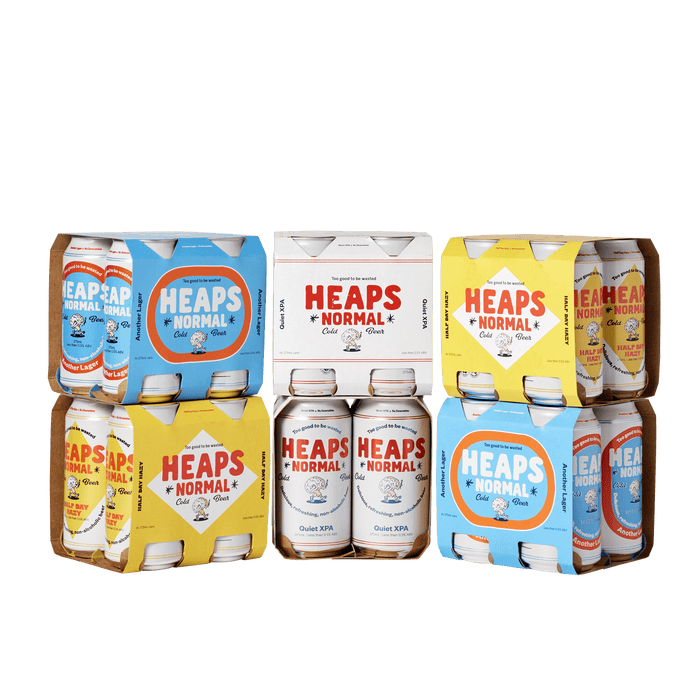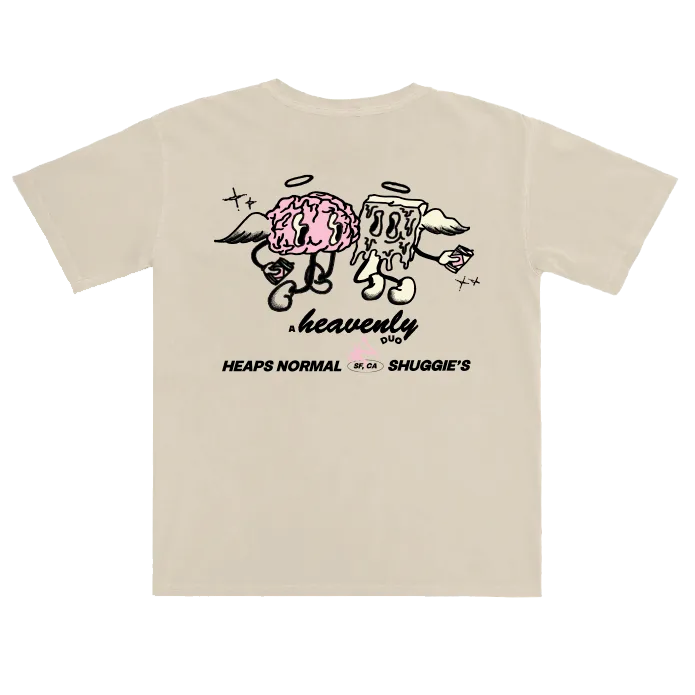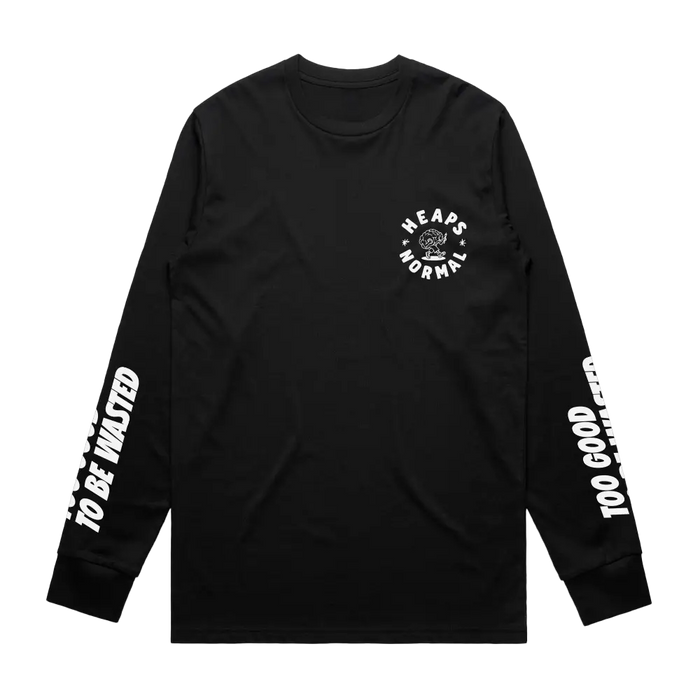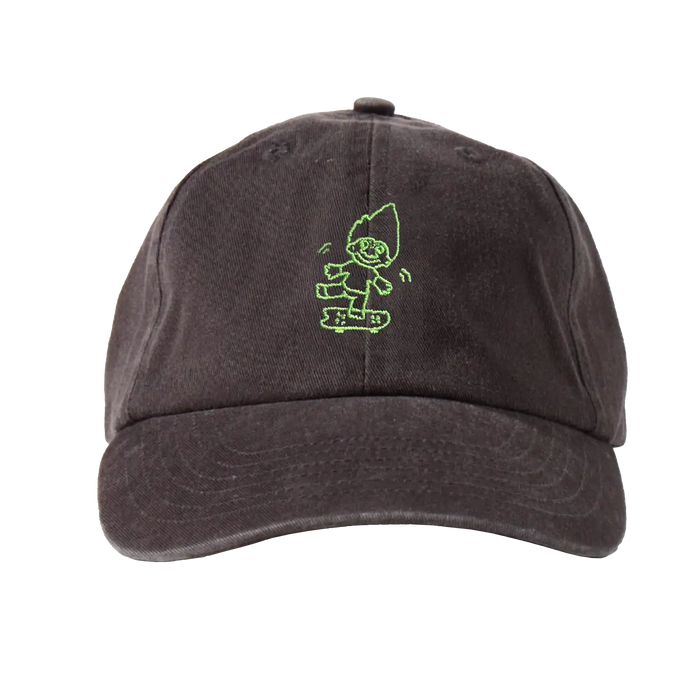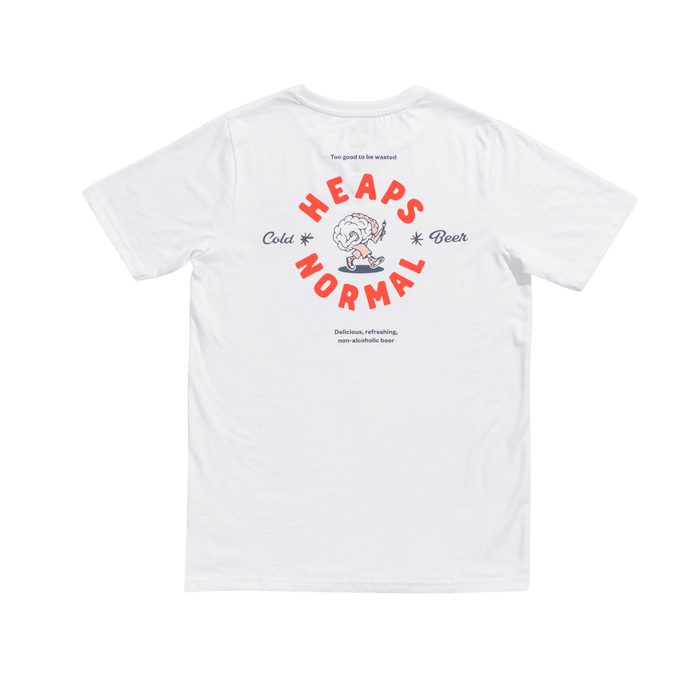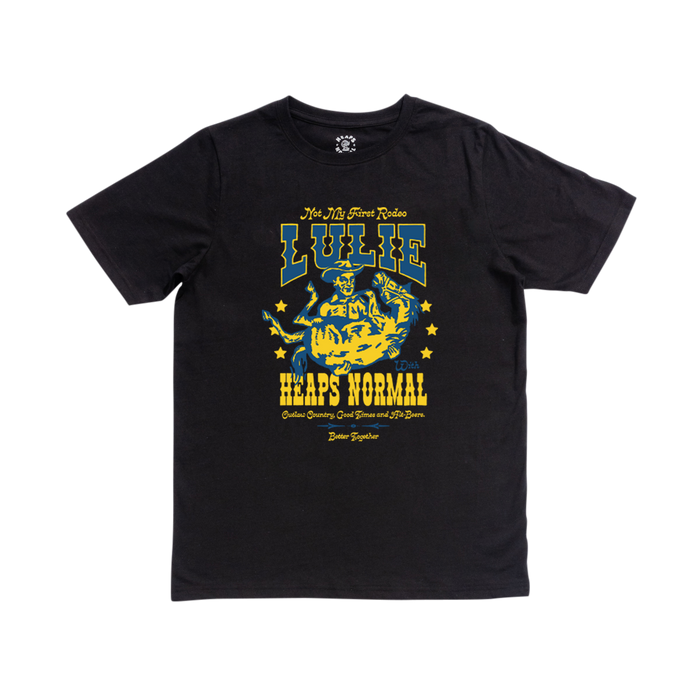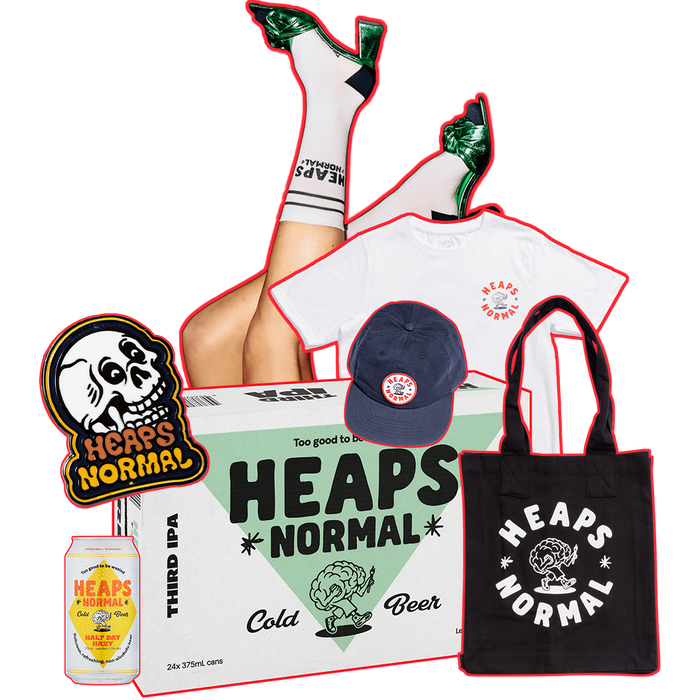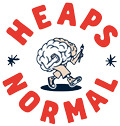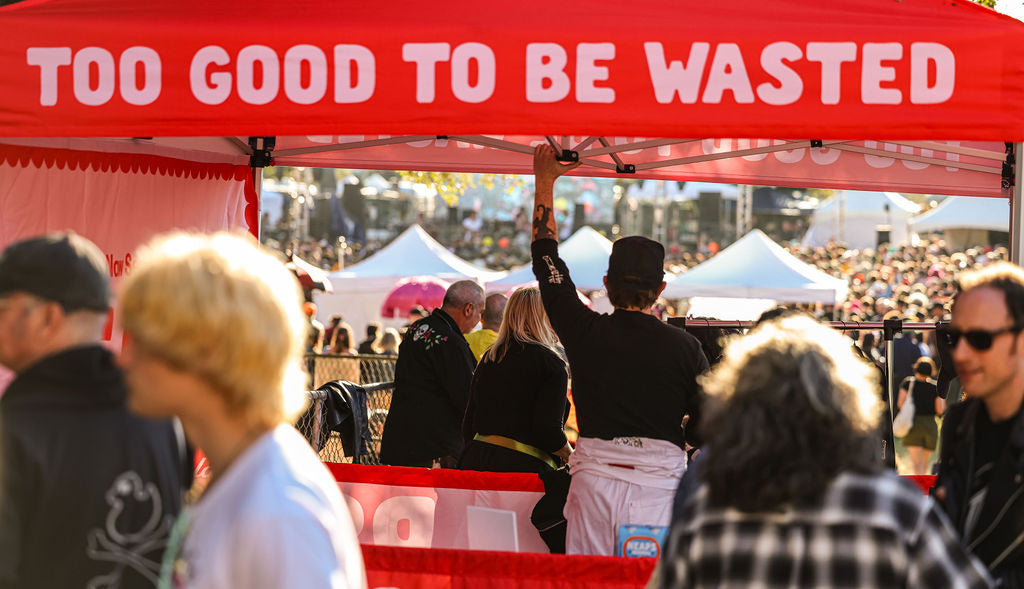CP
Diversity is a recurring theme in your work, both in the instruments you play and the stories you tell. How do you embrace and celebrate diversity in your music? In your opinion, what needs to change in the music industry to make it more inclusive and equitable for artists from diverse backgrounds?
MH
I think growing up as a Taiwanese kid in the dominantly white culture in 90s Australia, I couldn’t help but be shaped by notions of difference, not realising I was considered different until some random stranger angrily and urgently telling me, probably a seven year old, to ‘go back where I came from’ and me being super confused by that. I think the context you’re surrounded by and the notions of ‘normal’ is what creates difference. It made me resent the things about myself that drew racist people’s attention. I wanted to blend in and not be seen as different/‘Asian’ to avoid being called ‘ching-chong’ and all those things. So, moving past that and coming to accept and eventually celebrate my cultures has been a hugely cathartic thing in my life. I think I can’t help but impart those experiences, like trail mix on a hike, peppering it in everything I make, in the culture of the Obscure Orchestra ensemble, or in the collaborations I undertake.
What needs to change in the industry? Good question! The music industry (and entertainment industries at large) are great at ‘photoshoot diversity’, with POC, First Nations, queer, non-binary, transgender, disabled and other marginalised artists used as talent, being the coal face artists. What fashion brands, record labels, film studios, galleries, museums, dance companies are not so good at is allowing opportunities for a diversity of people to step into positions of power and decision making. When you look at who are managers, board members and CEOs in those spaces, it’s pretty obvious who gets to hold power.
Fortunately, a lot of artists are realising they don’t want to be part of spaces that only use them as ‘talent’, and are creating their own opportunities, projects, businesses and organisations, creating the worlds they want to see.
CP
Can you share a specific moment in your career that you're particularly proud of, where your music created a sense of solidarity or empowered others?
MH
Truly, I could never have imagined myself in this life, so every gig or release or even rehearsal, feels immense. A few years ago we collaborated with Museum of Brisbane’s Play Moves exhibition, a show all about breaking boundaries between audience and artist, and allowing people to participate and play with the art. We loved this joyful, less hierarchical approach to art and created Obscure Orchestra performances, little mini OO trios to play in each of the five exhibition spaces. My bandmates all created their own pieces and improvisations, before coming together as a full ensemble for the end of the night. I couldn’t be more proud, catching everyone creating their own thing in their spaces.
It was also a huge honour playing the opening ceremony for the 2024 Queensland Music Award, reuniting with again Sachém on stage after our QPAC show together, paying tribute to ABC’s Bluey who I have special history with as a composer, and paying tribute to Regurgitator, one of my biggest life/music influences.

